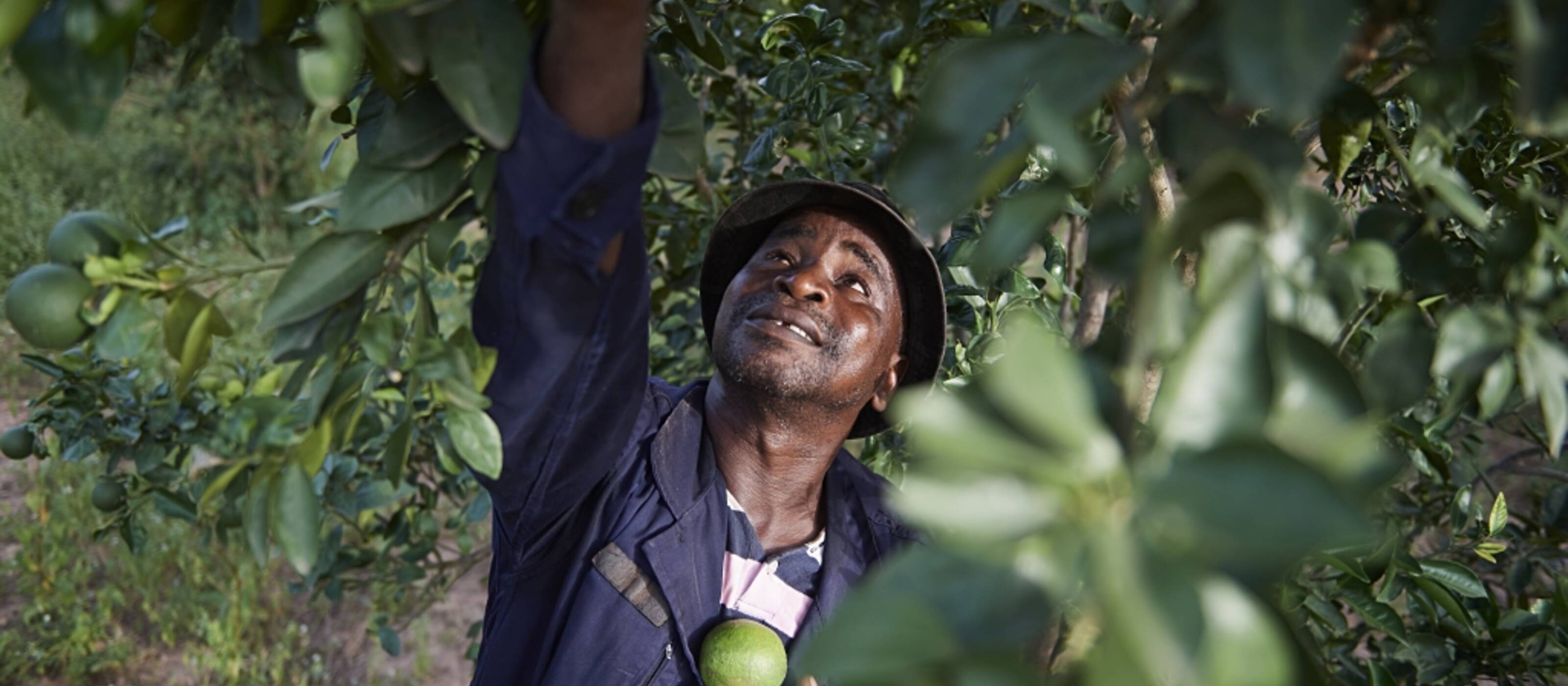

Mali
Most people in Mali live in the southern part of the country where the two rivers, the Niger and the Senegal ensure that the soil is fertile. The north extends into the Sahara Desert. Mali is famous for its music and literature, which are appreciated far beyond the country’s borders. Mali gained independence from France in 1960. Today, Mali is characterised by political unrest and armed conflict.
Mali is amongst the poorest countries in the world. Caritas Switzerland has been committed to supporting vulnerable population groups in the country since 1972. Its present work assists small farmers to adapt to climate change and to improve their income opportunities in the longer term. Caritas also provides emergency relief in Mali and supports migrating children.
Overview in figures
Sources: Human Development Report, UNESCO, UNFPA (as of 2023)
- Total population: 23.3 million
- Poverty index (proportion of people affected by poverty): 68.3%
- Prosperity indicator (total 193 states): rank 188
- Gross National Income per capita: USD 2’044
- Life expectancy at birth: 59.4 years
- Child mortality: 9.4%
- Literacy rate (age 15 and over): 30.8%
- CO2 emissions per capita: 0.2 tons
Caritas Switzerland on site
Header image: Nachhaltige Landwirtschaft ist eine wichtige Komponente in den Projekten in Mali. © Fabian Biasio